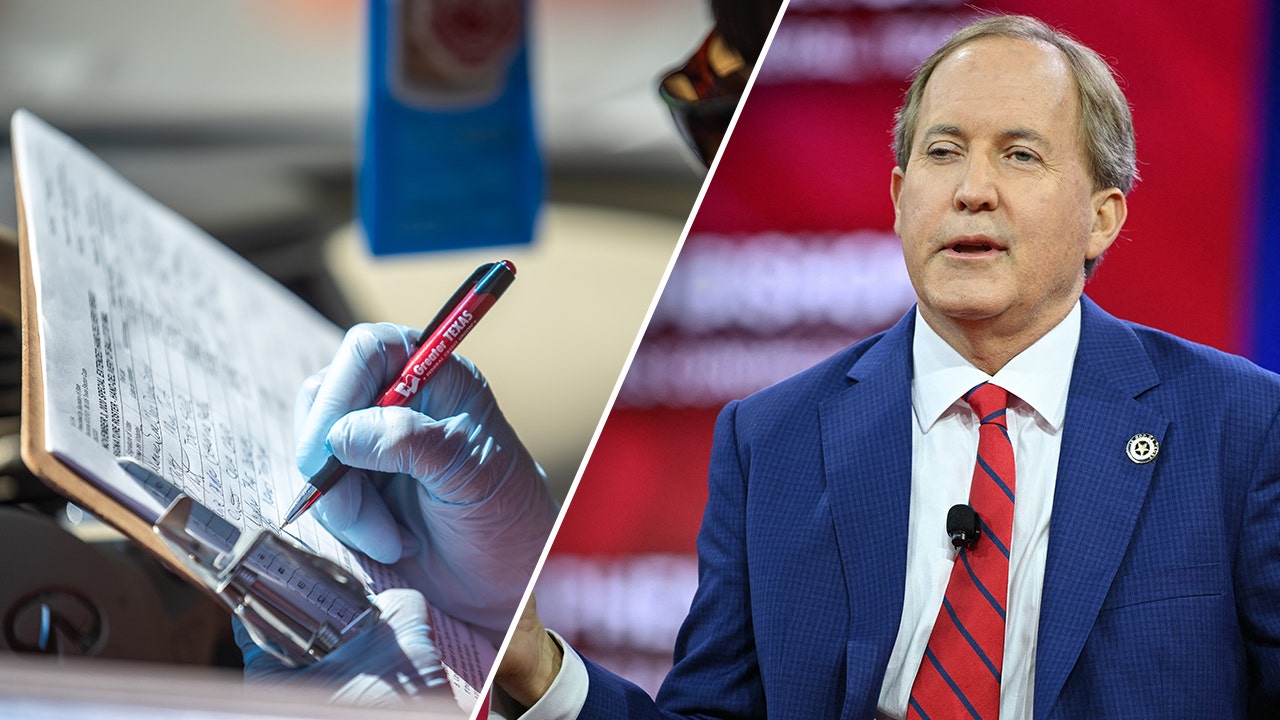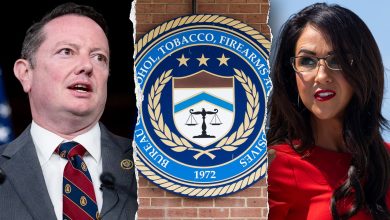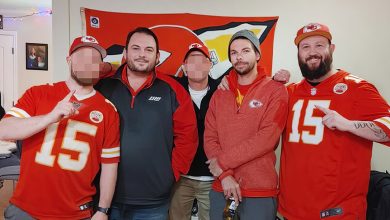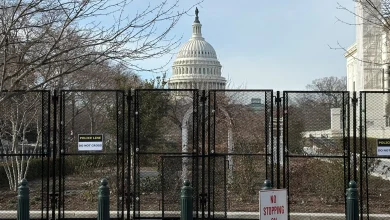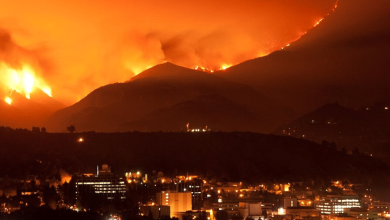Texas Attorney General Ken Paxton can continue investigating allegations of so-called vote harvesting through the November elections, a U.S. appeals court said Tuesday, a decision critics fear could have a chilling effect on voter outreach and turnout in the state.
The three-judge appellate court for the U.S. Fifth Circuit Court on Tuesday granted a temporary stay for certain portions of S.B. 1, or the 2021 Texas voting law, including a provision of the law that allows Paxton’s office to continue its investigations into alleged illegal “vote harvesting” efforts at least through the Nov. 5 elections.
The stay will remain in place until a full appeal of the law is either granted or denied, according to the appellate decision.
Their decision temporarily overturns the ruling issued by U.S. District Judge Xavier Rodriguez late last month. Rodriguez ordered an immediate halt to the vote harvesting provision of S.B. 1, siding with plaintiffs in their contention that the provision is overly vague and a restriction of free speech.
He also acknowledged their “widespread confusion” as to what constitutes the illegal practice of vote harvesting in Texas.
TED CRUZ WARNS TEXAS SENATE RACE IS ‘INCREDIBLY CLOSE’
Paxton had immediately vowed to appeal that decision, arguing that the vote harvesting component of S.B. 1 is crucial to protecting election integrity in Texas and preventing voter fraud.
“Blocking our ability to investigate certain election crimes would have been a serious disruption to the electoral landscape with only a month left before Election Day,” Paxton said at the time.
Still, the vaguely-defined scope of vote harvesting has prompted some advocacy groups and voter outreach groups in Texas to halt their canvassing, volunteering and other in-person election events altogether, citing fears of being swept up in a raid, or providing volunteers with food or transportation that could potentially be perceived as “compensation,” which is illegal under the law.
In writing for the three-judge appellate court on Tuesday, Judge James Ho appeared to back Paxton’s contention, noting that the provision in question had been on the books for “over three years” before the federal judge’s decision last month.
Still, plaintiffs in the lawsuit say their confusion remains over the vaguely worded definition of vote harvesting, which in turn they say has had a chilling effect on volunteer efforts in the state.
That is, in part, due to the steep punishment for individuals convicted of the crime, which is classified under S.B. 1 as a third-degree felony.
BIDENS ON THE TRAIL: PRESIDENT AND FIRST LADY CAMPAIGN IN THE BIGGEST OF THE BATTLEGROUNDS
Individuals who give, offer, or receive some “compensation or other benefit” for so-called vote harvesting services can be convicted of the third-degree felony, S.B. 1 states, which is punishable by up to 10 years in prison and up to $10,000 in fines.
“Vote harvesting services” include any “in-person interaction with one or more voters, in the physical presence of an official ballot or a ballot voted by mail, intended to deliver votes for a specific candidate or measure,” according to the law’s text.
Paxton’s office has said previously that “secure elections are the cornerstone of our republic.”
In August, his office’s Election Integrity Unit executed searches in three South Texas counties as part of the ongoing probe, which it says was conducted only after officials gathered enough evidence to obtain proper search warrants.
Plaintiffs, however, allege that his office has used the provision to carry out illegal “voter raids” against advocacy groups and organizers in Texas.
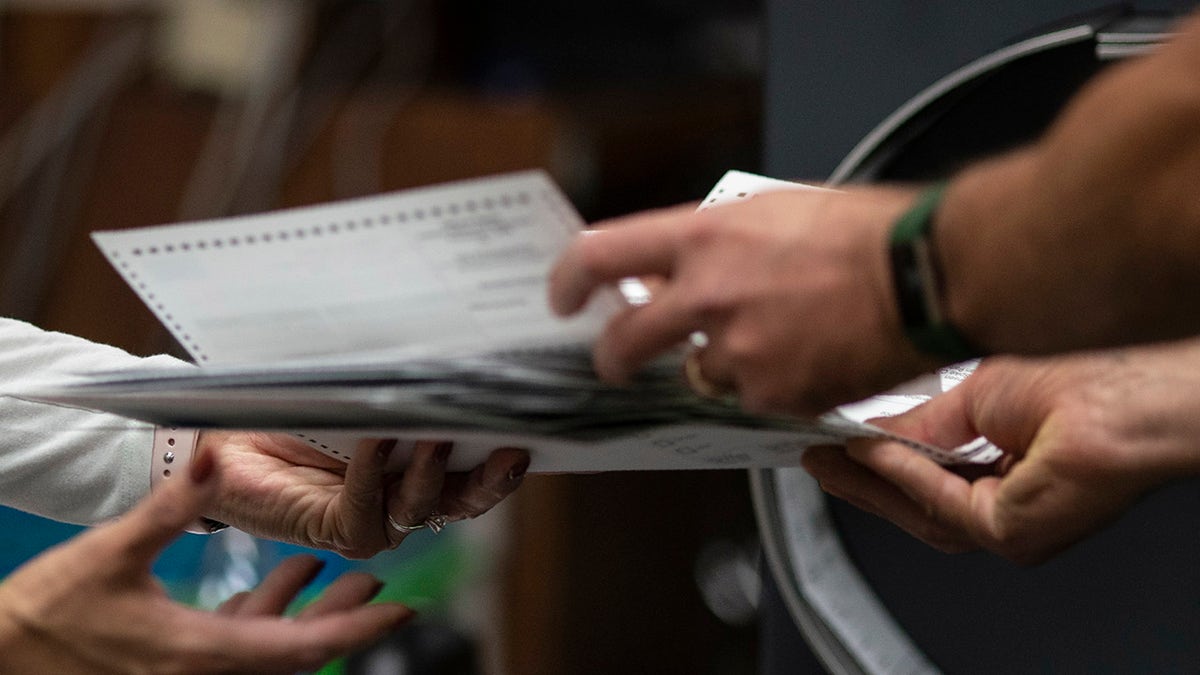
Juan Proaño, the CEO of the League of United Latin American Citizens (LULAC), one of the plaintiffs in the lawsuit, lamented the ruling, telling Fox News in an interview Tuesday his group would appeal the case all the way to the Supreme Court if necessary.
“It’s really frightening to our community,” Proaño told Fox News of S.B. 1, noting the provisions have already had a “significant” chilling effect on voters and advocacy groups in Texas – which they have argued are both unjustified and used as a potential means of voter suppression.
“There’s no data at all that actually would show that non-citizens are participating in the election process,” he said, adding that LULAC “stands for election integrity.”
“And so we will continue to litigate that all the way up to the Supreme Court, if we have to.”
Read the full article here

